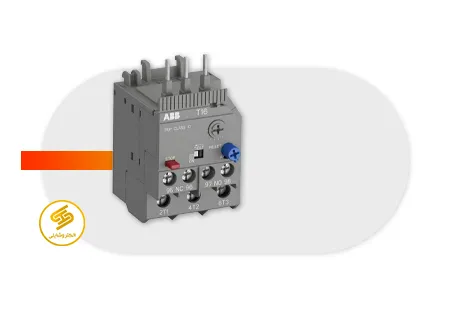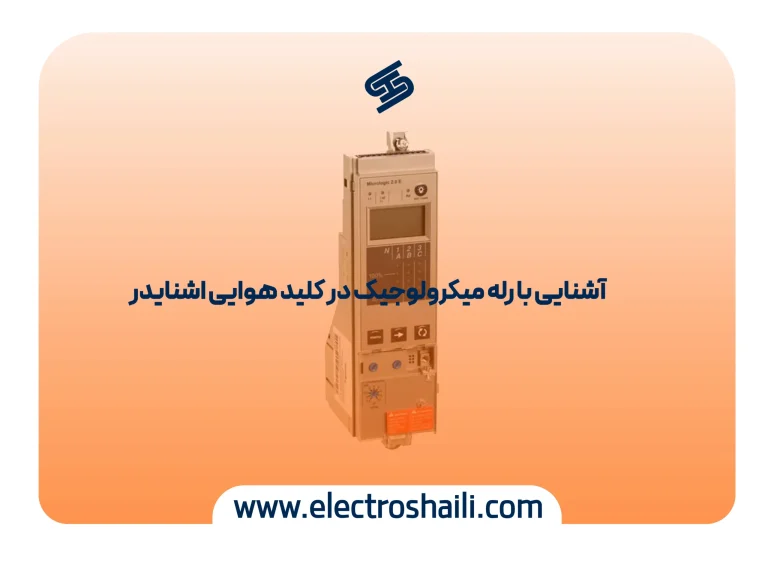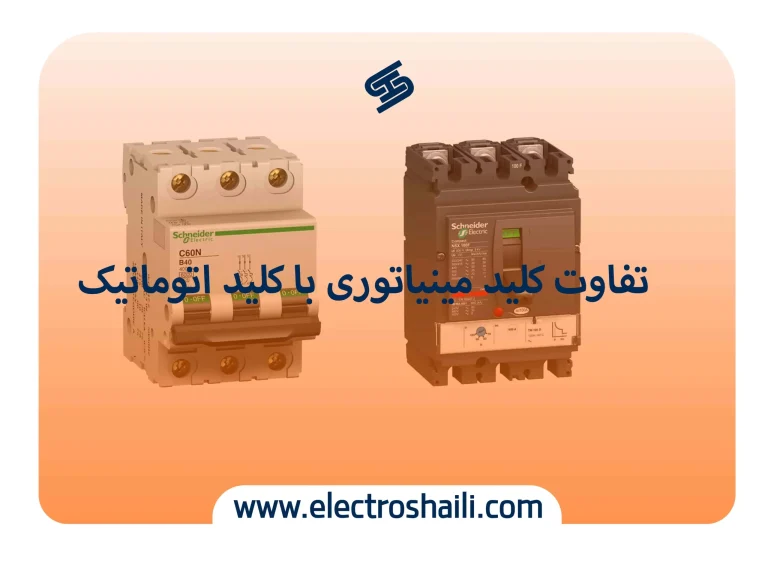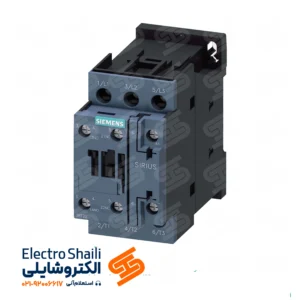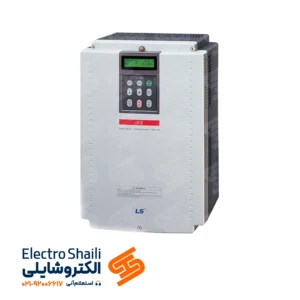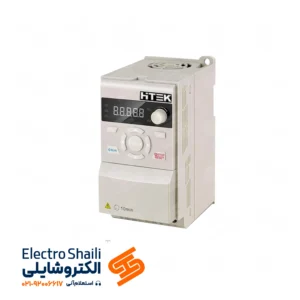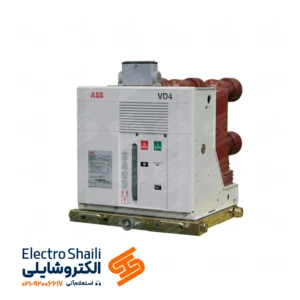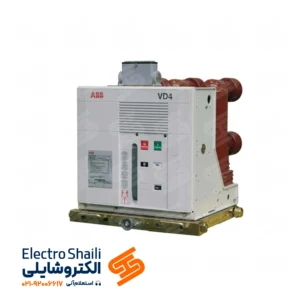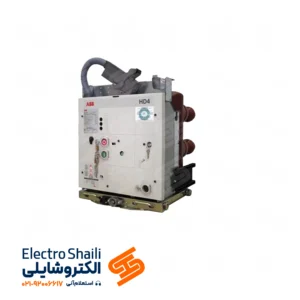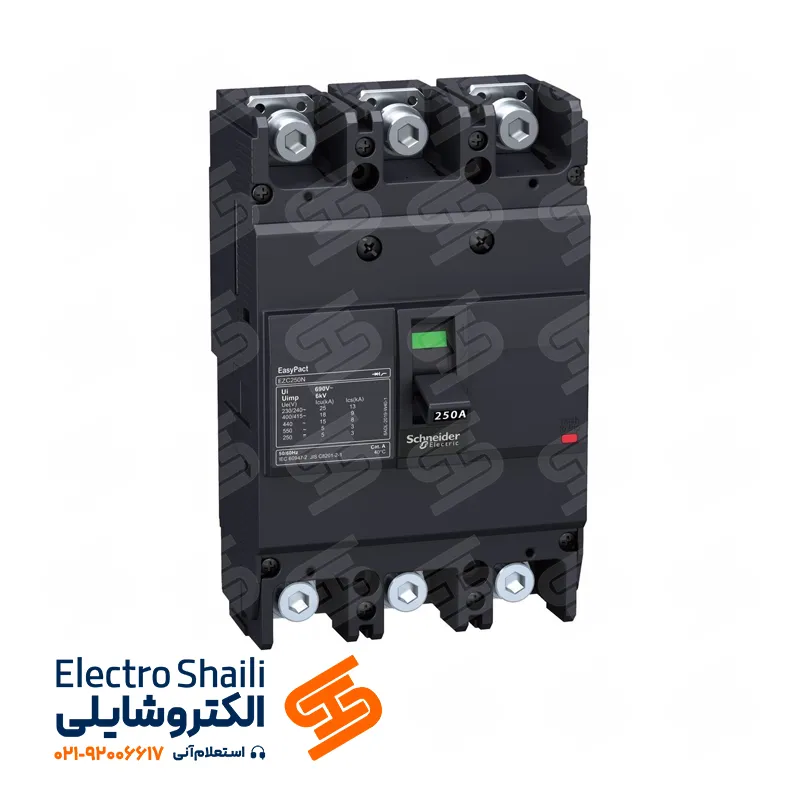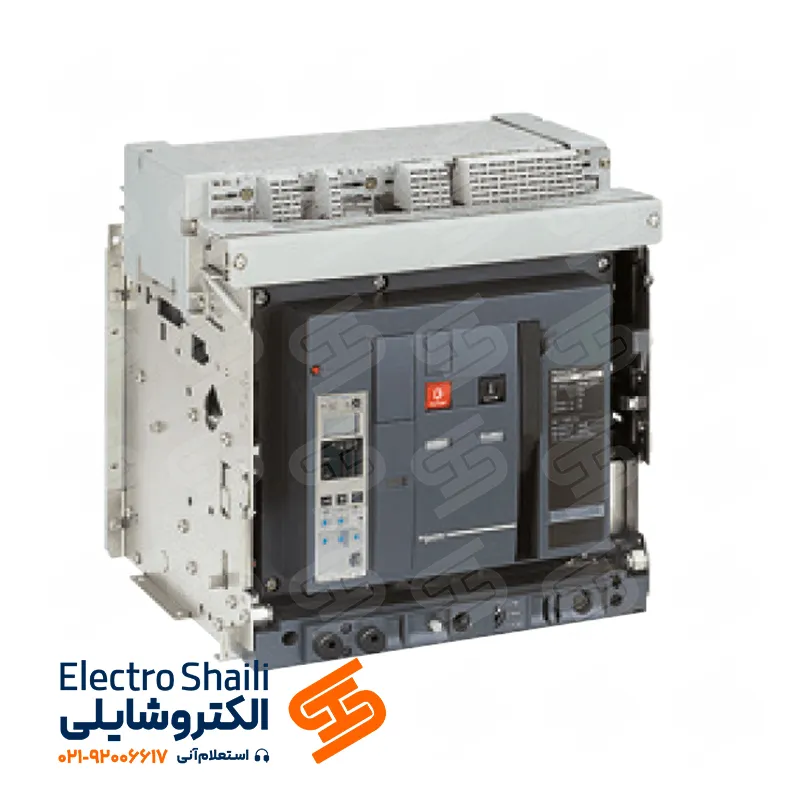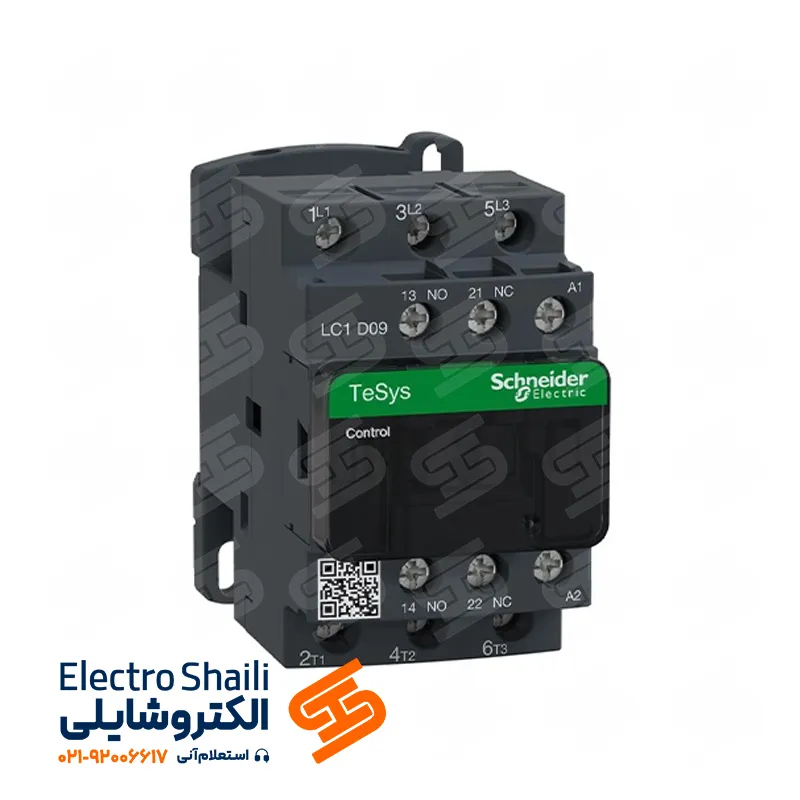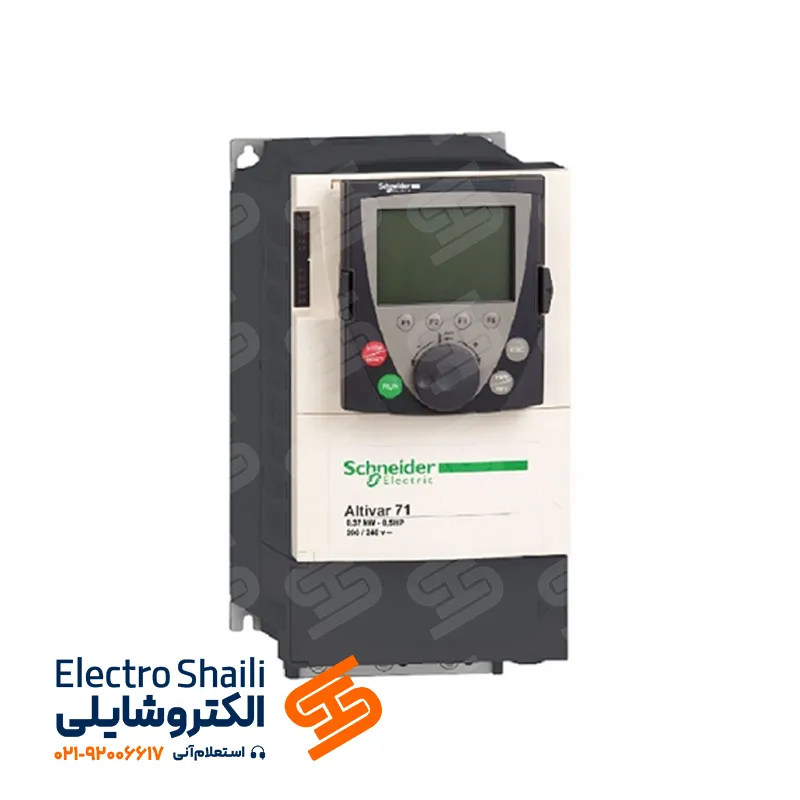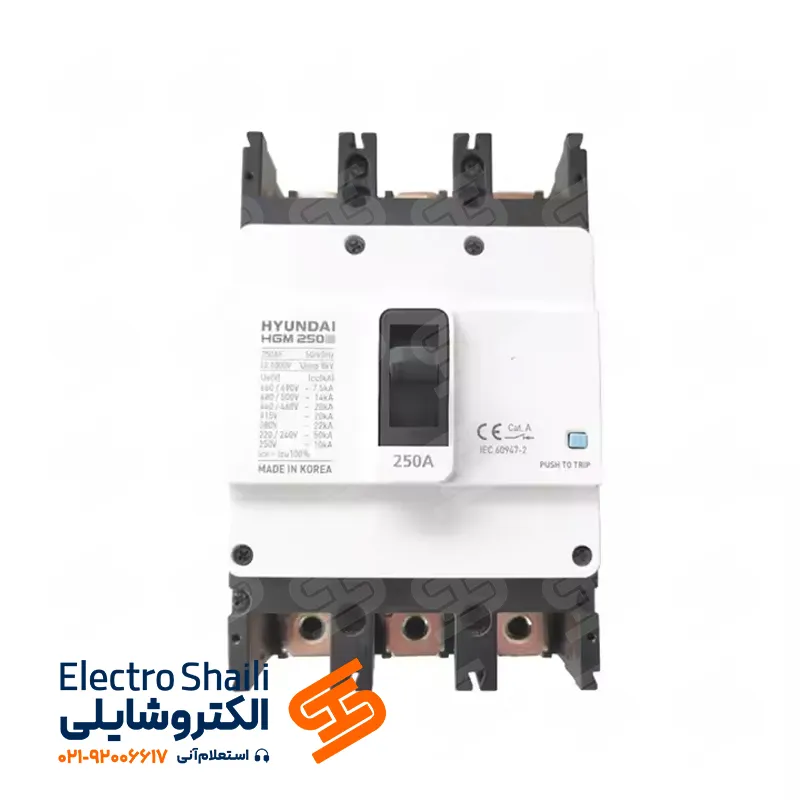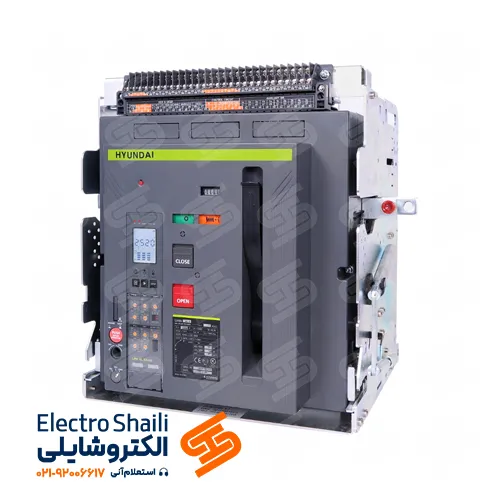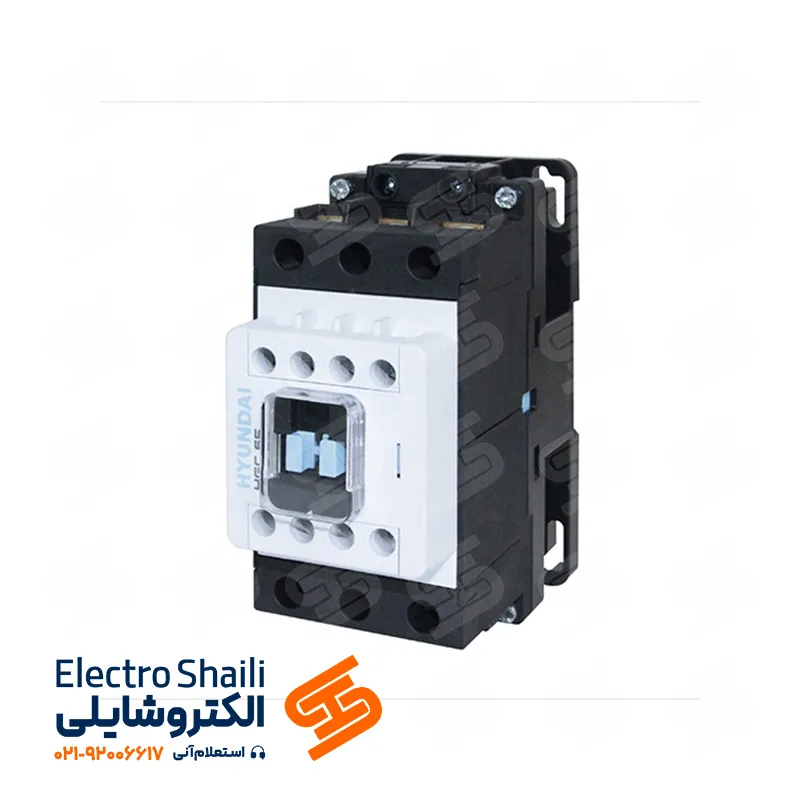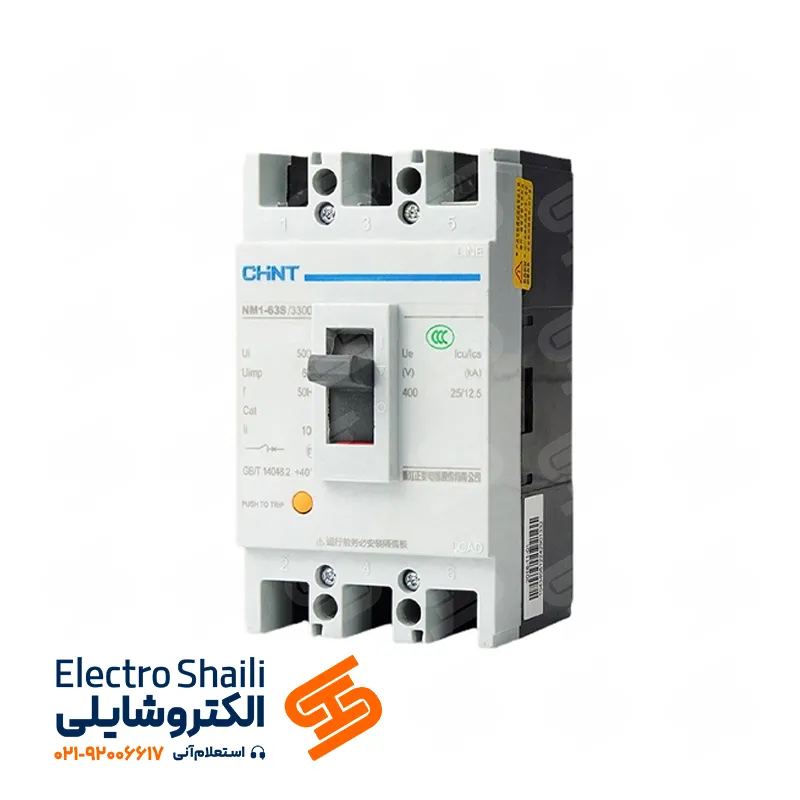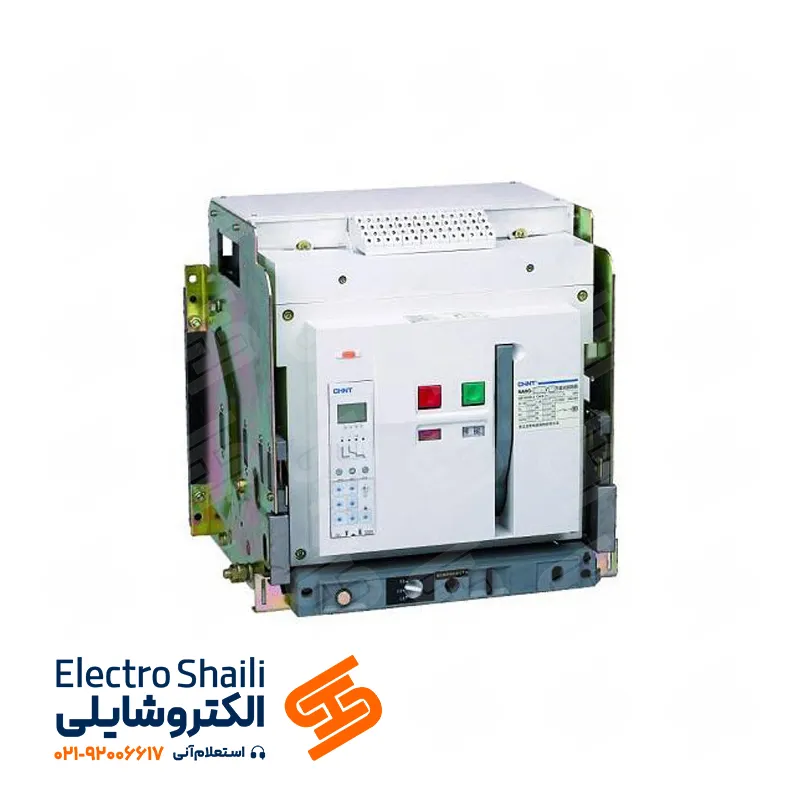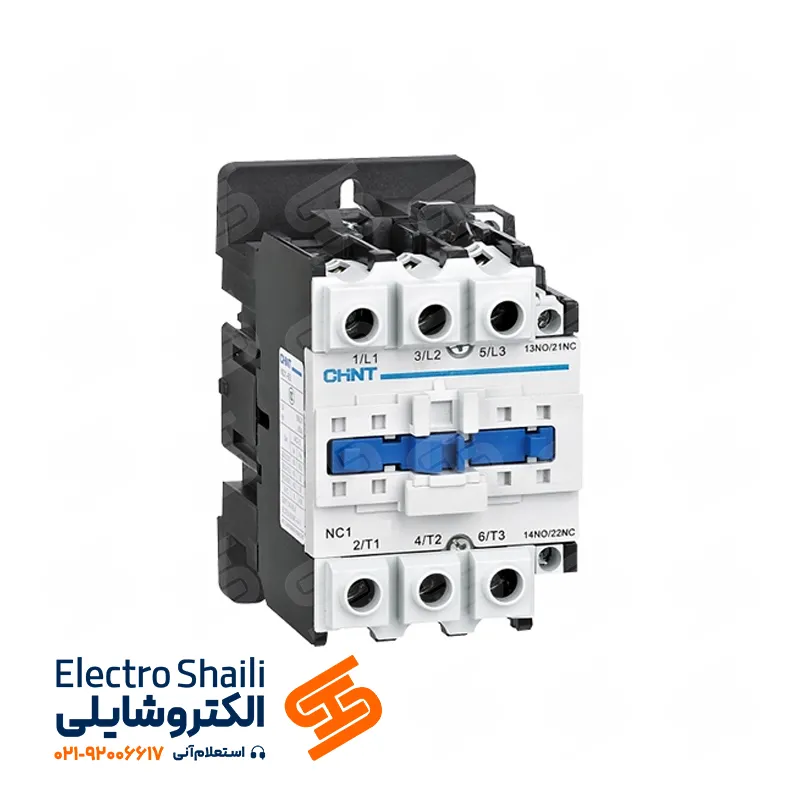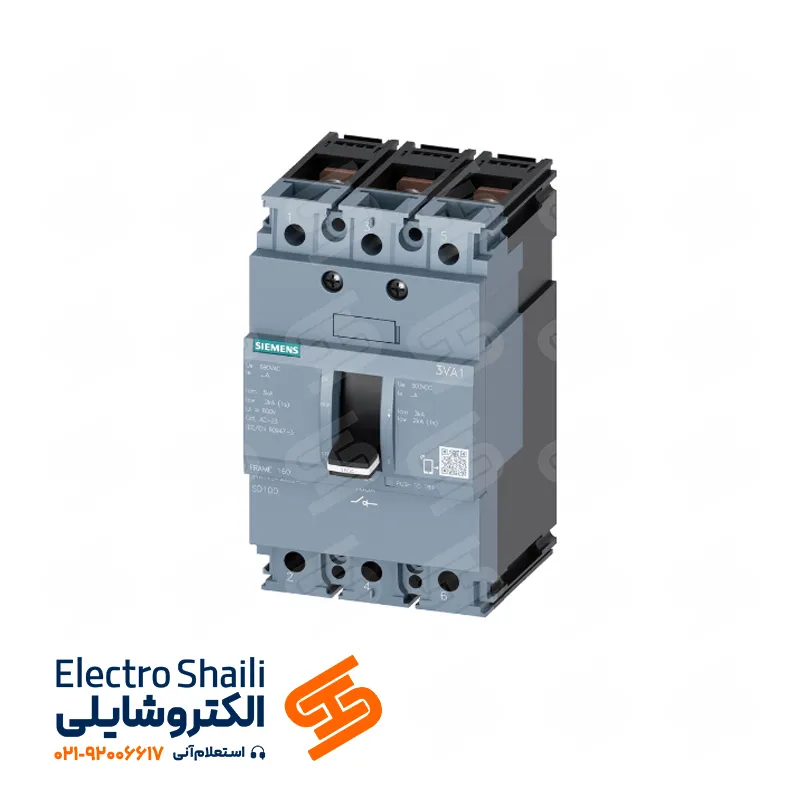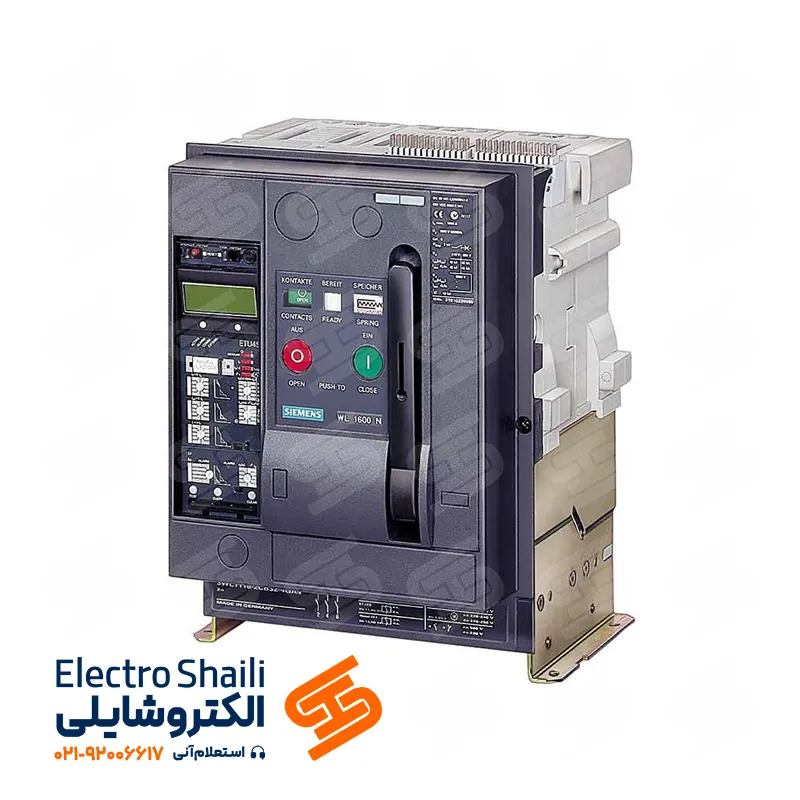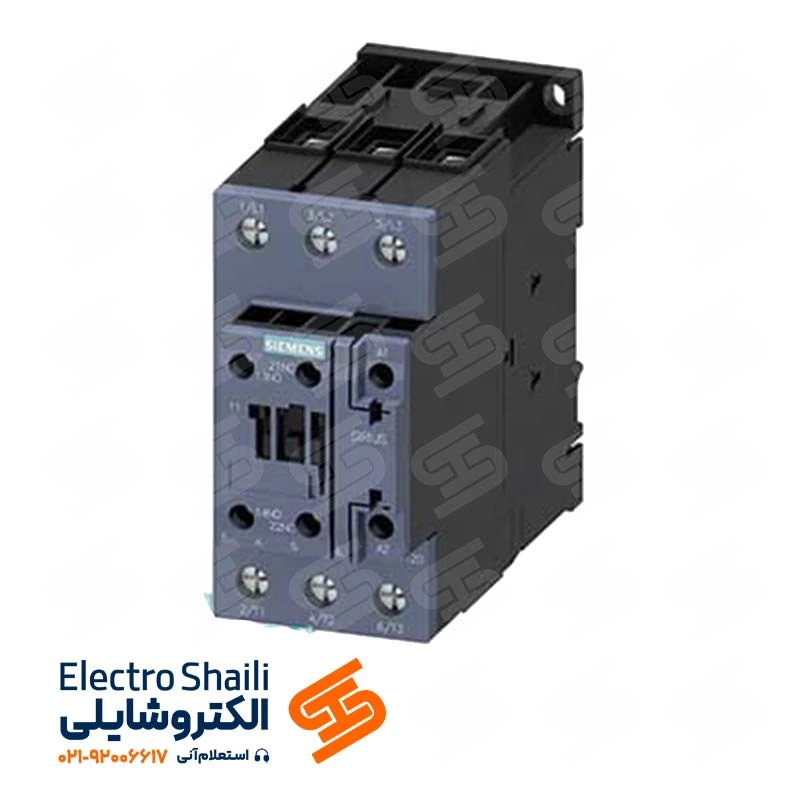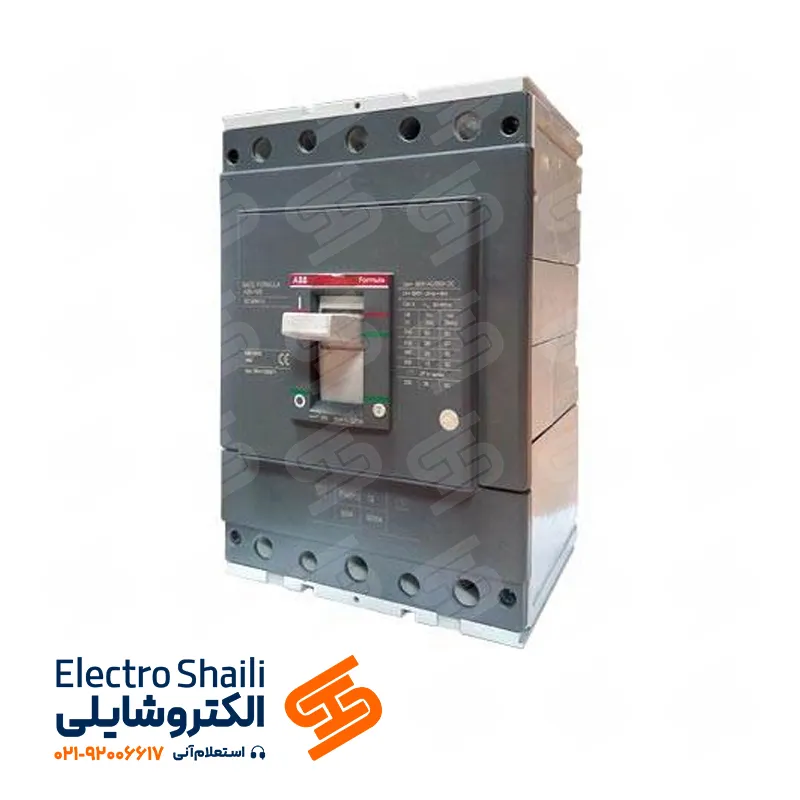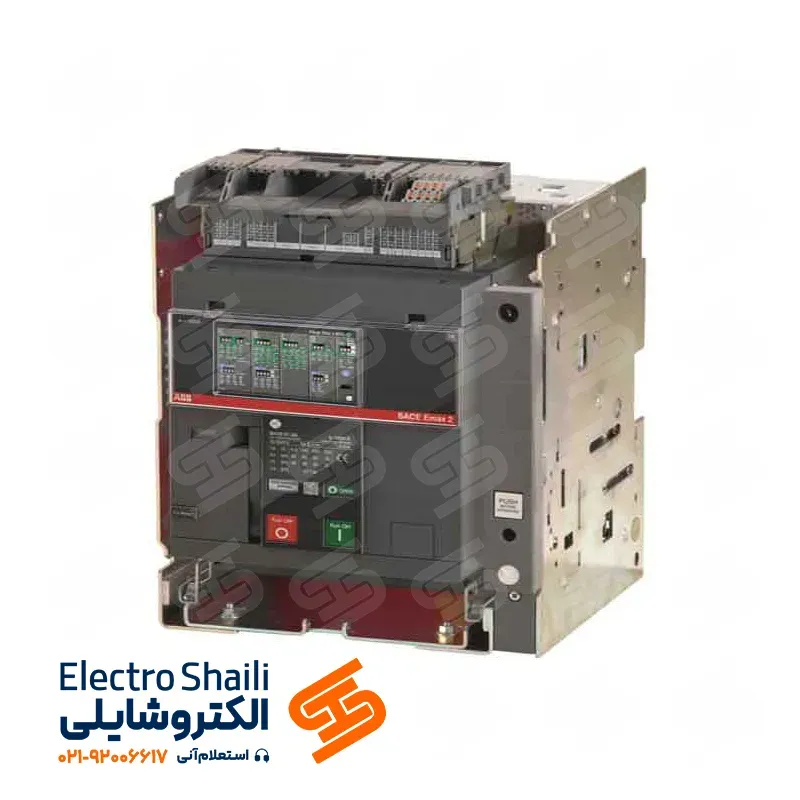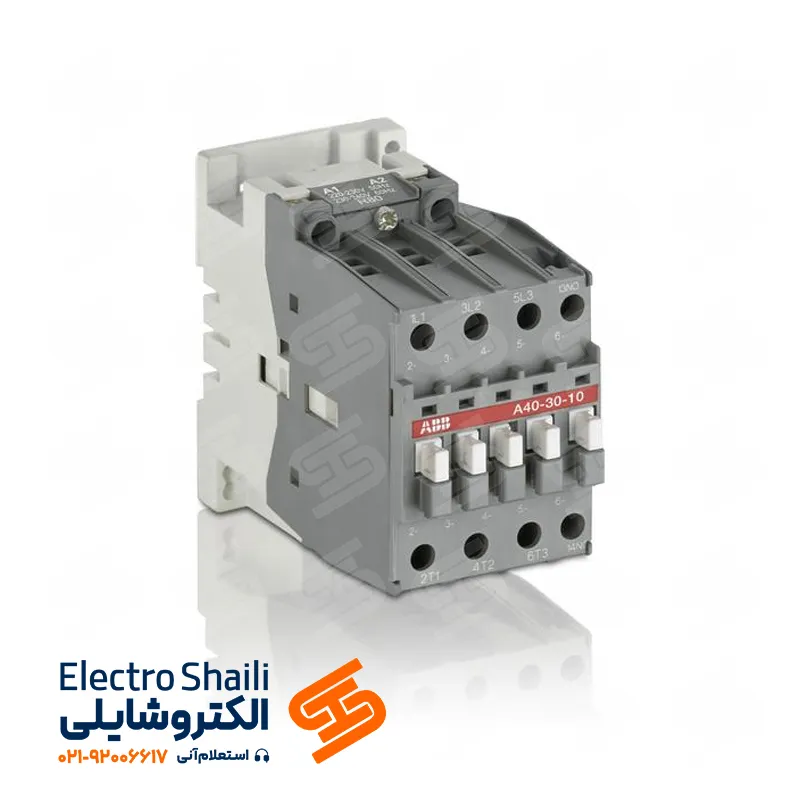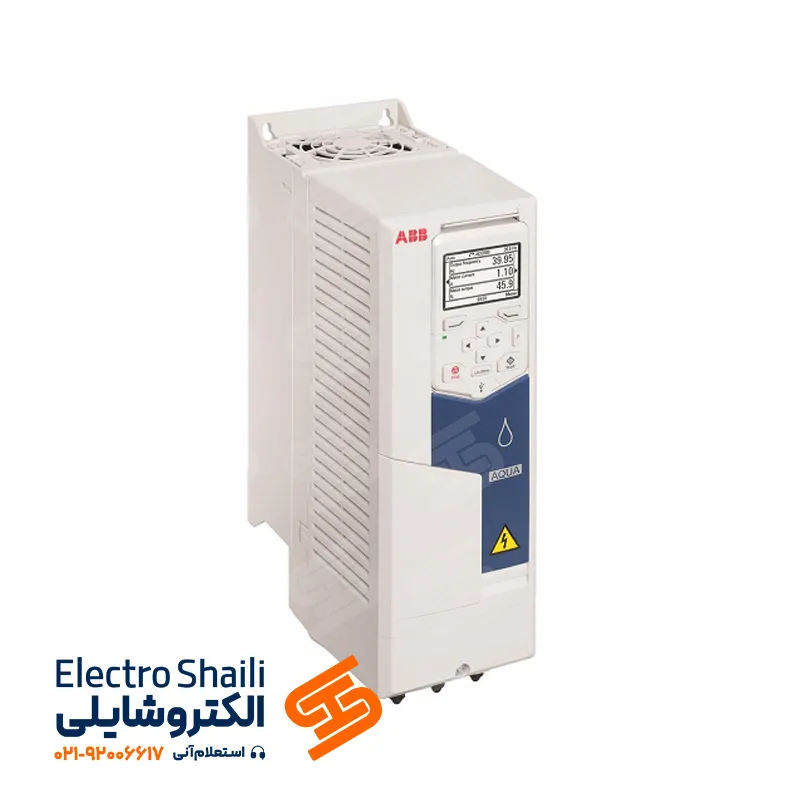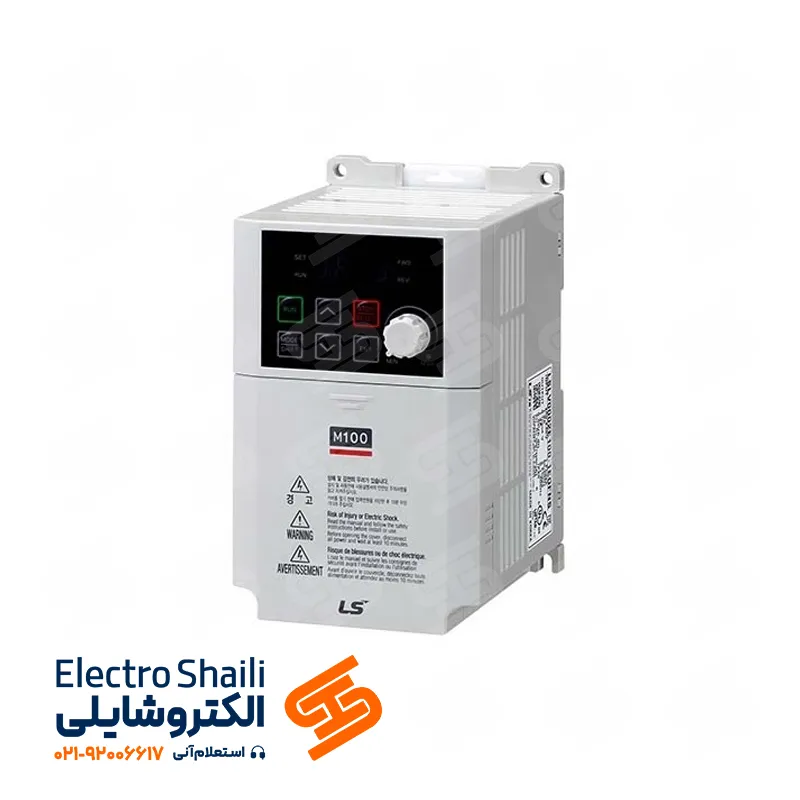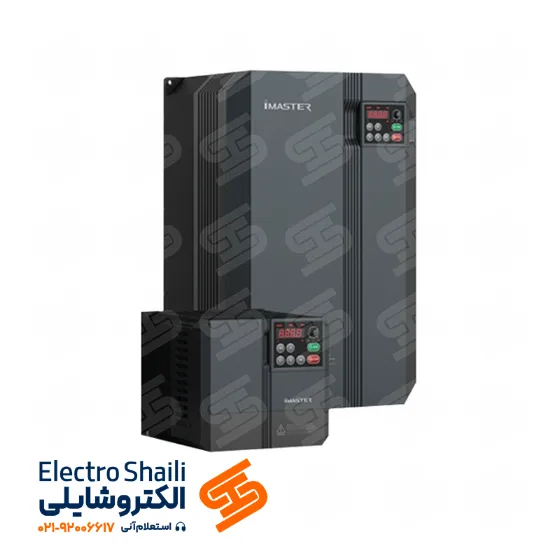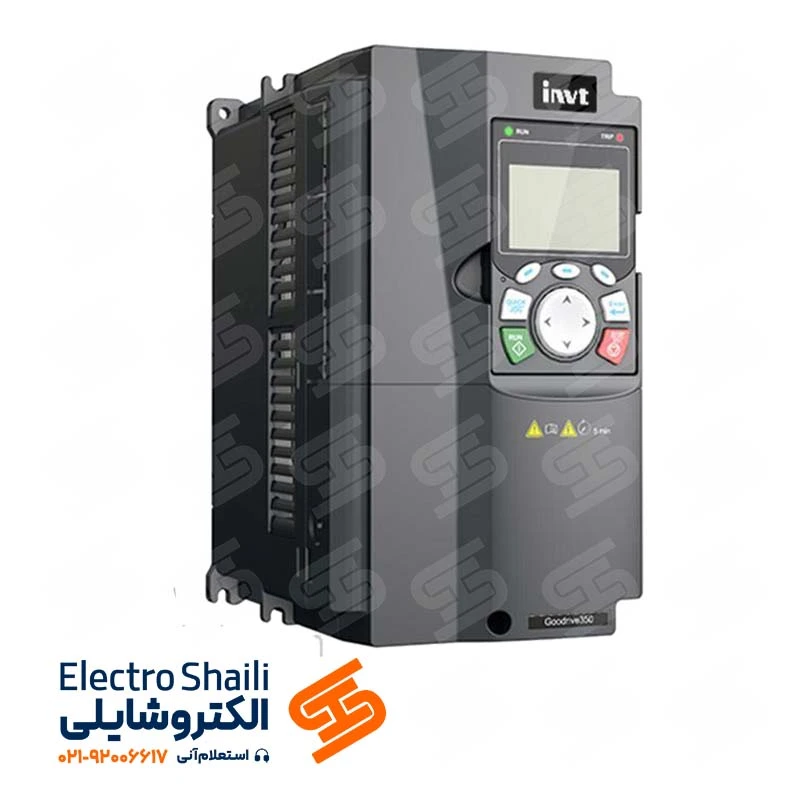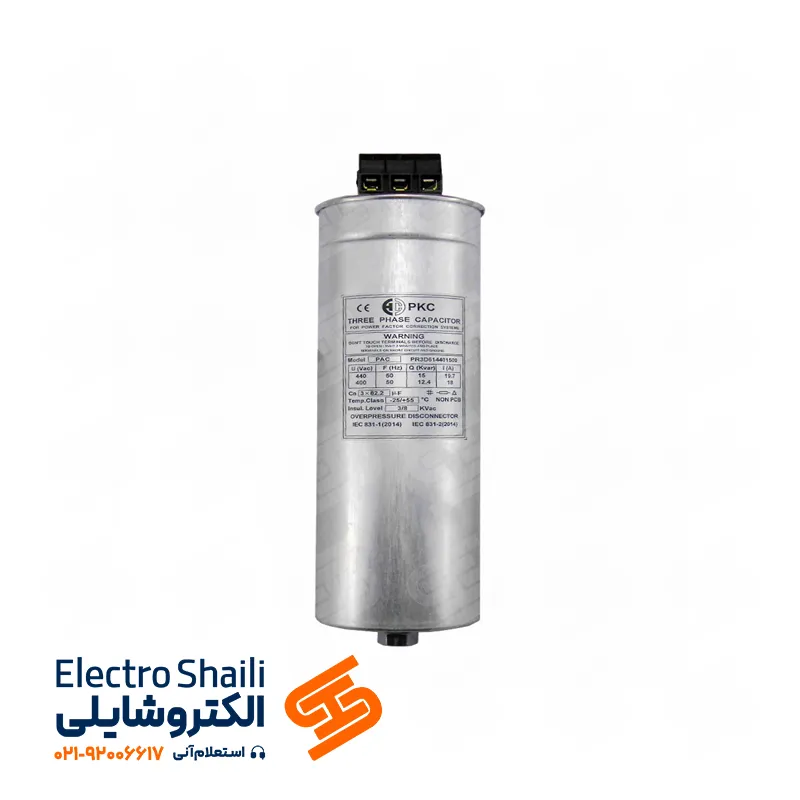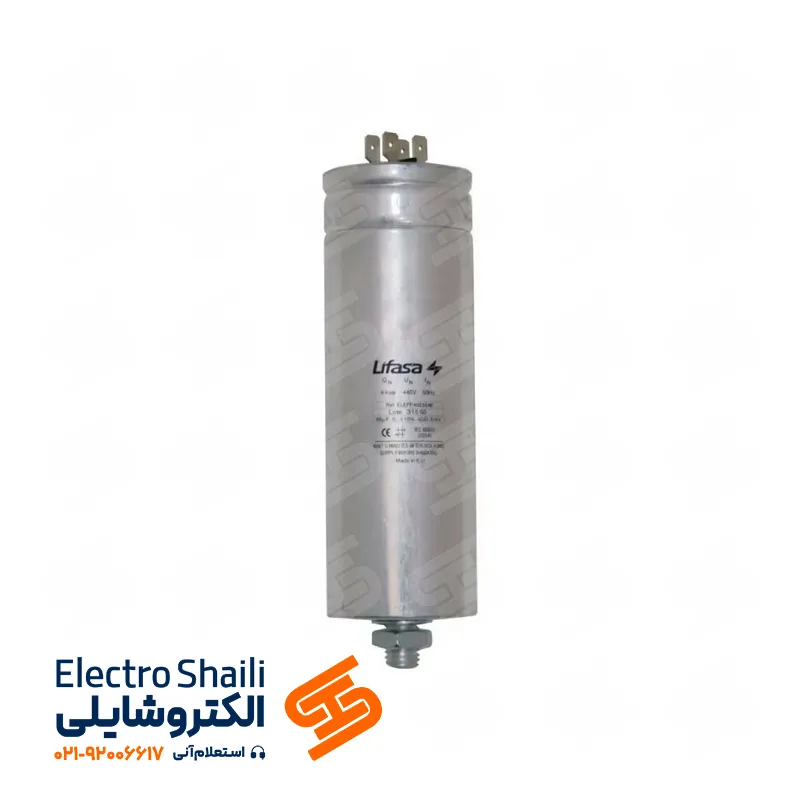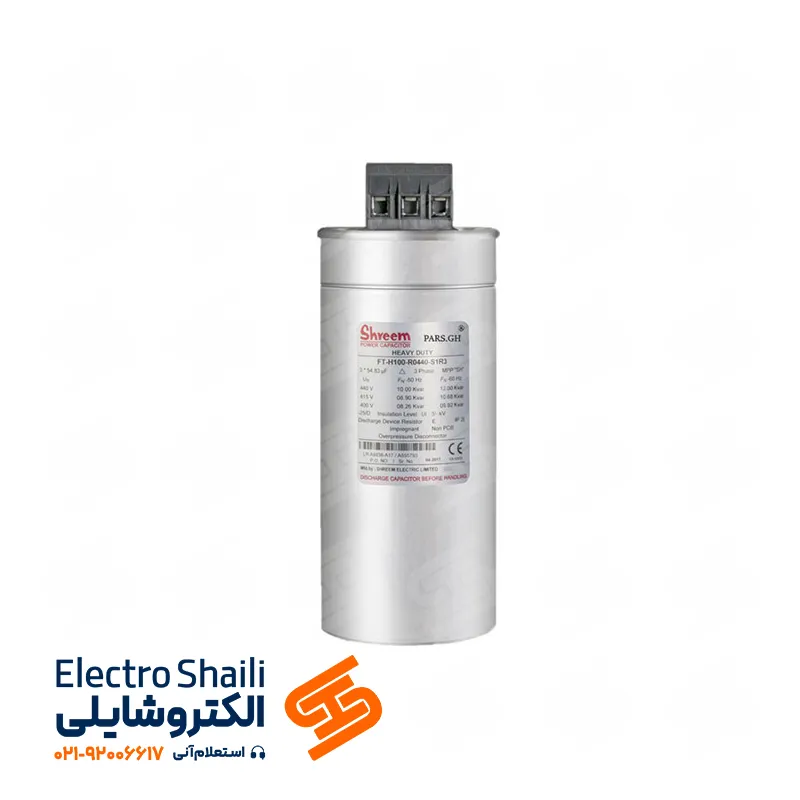Buy ABB Bimetal From Iran
Bimetal ABB consists of two different metal layers, each with its own coefficient of linear expansion. When the temperature rises, these two metal layers deform, causing the current to pass through another wire connected to the bimetal to be interrupted. As the temperature decreases, the metal layers return to their original state, allowing the current to flow again.
Bimetals have widespread applications in the electrical world. Regarding ABB and its related applications, the following can be mentioned:
1. Residual Current Circuit Breakers (RCCBs): Bimetals are used in RCCBs to detect leakage current (fault current) in electrical circuits. When a leakage current occurs, the current passes through the bimetals, causing them to deform and automatically disconnect the switch.
2. Motor Protection Circuit Breakers (MPCBs): In thermal circuit breakers, bimetals are used as temperature sensors to detect temperature increases. When the temperature exceeds a specified value, deformation occurs in the bimetals, and the switch automatically performs the disconnection function.
3. Chain Thermal Circuit Breakers: In these types of switches, bimetals are used as temperature sensors to detect thermal changes in a system. These switches are usually used in industrial processes such as furnaces, autoclaves, and heating and cooling systems.
4. Thermal Alarm Switches: Bimetals are used in thermal alarm switches to detect temperature increases and send alerts to control and alarm systems. These switches are typically used in locations where alerts are needed in case of temperature increases.
Due to the characteristics of bimetals and their precise performance in detecting temperature and current changes, ABB utilizes this technology in its various products to ensure safety, protection, and optimal performance in electrical systems.
Types of ABB Bimetal Relays
ABB is one of the largest manufacturers of electrical equipment in the world, producing various types of bimetal relays. Here are some of the commonly used models of these relays:
T16 Series Bimetal Relays:
This series of bimetal relays are used to protect electric motors from overload and overheating.
T16 series bimetal relays are produced in current ranges from 0.1 to 16 amps.
Features of this series include reasonable price, easy installation, and model diversity.
TF42-B Series Bimetal Relays:
This series of bimetal relays are used to protect single-phase and three-phase electric motors from overload and overheating.
TF42-B series bimetal relays have manual and automatic current adjustment.
Features of this series include precise current adjustment, fast performance, and long life.
TF65-B Series Bimetal Relays:
This series of bimetal relays are used to protect high-power electric motors from overload and overheating.
TF65-B series bimetal relays have high current range and precise current adjustment.
Features of this series include adjustable protective class, reliable performance, and long life.
TF96-B Series Bimetal Relays:
This series of bimetal relays are used to protect electric motors from overload, overheating, and phase loss.
TF96-B series bimetal relays have high current range and precise current adjustment.
Features of this series include adjustable protective class, reliable performance, and long life.
TA200DU Series Bimetal Relays
This series of bimetal relays are used to protect electric motors from overload, overheating, voltage fluctuations, and phase loss.
TA200DU series bimetal relays have high current range and precise current adjustment.
Features of this series include adjustable protective class, reliable performance, and long life.
Considerations for Selecting Bimetal Relays
When selecting bimetal relays, attention should be paid to the following:
– Motor rated current
– Required protection class
– Type of motor (single-phase or three-phase)
– Supply voltage
– Relay current range
– Additional features such as automatic current adjustment, protection against phase loss, and voltage fluctuations.
For selecting the appropriate bimetal relay, you can refer to ABB catalogs or consult electrical experts.
Principles of Operation of Bimetals in Electrical Equipment
Bimetals, as a material with specific physical and electrical properties, are used in electrical equipment, especially in switches, contactors, thermal switches, and residual current circuit breakers (RCCBs). The principles of operation of bimetals in electrical equipment are as follows:
1. Electric Current and Deformation: Bimetals have two different metal layers with thermal deformation properties. When an electric current passes through the bimetal, it causes deformation in the metal layers.
2. Linear Expansion Change: When a bimetal is subjected to heat due to an electric current, its metal layers deform, causing a change in the length of the bimetal. This deformation interrupts the current flow or disables it.
3. Protective Function: This deformation acts as a temperature sensor or current sensor. In thermal switches, bimetals are used as temperature sensors. When the temperature reaches a specified value, the deformation of the bimetal causes the electric current to be interrupted, preventing further temperature increase.
4. Protective Operation: In residual current circuit breakers (RCCBs), bimetals act as a leakage current sensor. If a leakage current occurs, the electric current passes through the bimetal, causing deformation and cutting off the power supply.
Bimetals are used as a sensitive element in electrical equipment to detect temperature or current changes and perform protective and safety functions. This technology is used as an essential part of safety and optimal performance in electrical equipment.
Advantages and Disadvantages of ABB Bimetals:
Advantages:
1. Sensitivity to temperature and current changes: Bimetals, as sensor technologies in electrical equipment, have their own specific advantages and disadvantages. In the case of ABB bimetals, these advantages and disadvantages are notable:
2. Reliable performance: Due to their simple structure and lack of moving parts, bimetals are recognized as reliable elements that have fewer operational risks.
3. High lifespan: Due to their simple structure and lack of moving parts, bimetals tend to resist pressure and corrosion, resulting in a long lifespan.
4. Adjustability: Some bimetals are adjustable, meaning their values can be calibrated to respond accurately to specific needs.
Disadvantages:
1. Reaction delay: Some bimetals may have reaction delays due to their physical characteristics, which might require higher precision in certain applications.
2. Relative accuracy: Some bimetals have relative accuracy in deformation and response to temperature and current changes, which might necessitate higher precision in certain applications.
3. Overactivity: In certain conditions, bimetals might react excessively and unnecessarily due to specific environmental conditions, potentially leading to equipment malfunctions.
In conclusion, the choice to use ABB bimetal relays or any other technology should be made considering specific needs, limitations, and application conditions. ABB bimetals, as an important technology in protective and sensor equipment, can effectively enhance safety and efficiency in electrical and automation systems.
Wide-ranging Applications in Various Industries:
Bimetals are utilized as temperature and current sensors in electrical equipment across various industries. This technology is used in different industrial sectors:
1. Electric and electronic industry: Bimetals are used in protective equipment such as thermal switches, Residual Current Circuit Breakers (RCCBs), Motor Protection Circuit Breakers (MPCBs), and contactors. These devices are used in power distribution systems, motor control, equipment protection, and workplace safety.
2. Automation and control industry: Bimetals are used in sensors and control principles such as temperature sensor switches in automation and control systems. These systems are used for process control, industrial equipment, and measurement and control equipment.
3. Automotive industry: Bimetal relays are used in safety systems and fire detection in vehicles. They serve as sensors in vehicle safety systems to detect temperature or current increases due to technical faults.
4. Oil and gas industry: In hazardous oil and gas environments, thermal switches and bimetal sensors are used to detect temperature increases or occurrences of thermal incidents to prevent fires and explosions.
5. Food processing industry: In industrial cooking appliances and food storage ventilation systems, bimetals are used as temperature sensors to control and monitor cooking processes and maintain appropriate temperatures.
These are just a few examples of bimetals’ applications in various industries. Generally, bimetals are used as important sensor and protective technologies in electrical and automation equipment across diverse industries to enhance safety, efficiency, and control in processes and equipment.
Impact of Bimetals on Improving the Efficiency of Electrical Equipment:
Bimetals, as sensor and control elements in electrical equipment, can have significant effects on improving the efficiency of these devices. Below are the main impacts of bimetals on improving the efficiency of electrical equipment:
1. Increased safety: The use of bimetals in thermal switches, RCCBs, and other protective equipment helps increase the safety of electrical systems. By detecting temperature or current anomalies in equipment operation, these devices prevent hazardous incidents such as fires or equipment damage.
2. Equipment protection: Thermal switches and RCCBs using bimetals protect electrical equipment from temperature or current increases caused by faults. This protection prevents equipment breakdowns and reduces repair and maintenance costs.
3. Better process control: Using bimetals in contactors and control equipment helps achieve more precise process control. By detecting temperature or current changes, equipment can be automatically switched on or off, optimizing energy consumption and process efficiency.
4. Early detection of problems: Bimetals, as temperature and current sensors, detect equipment issues at early stages. This action helps reduce equipment downtime and minimize potential damages.
5. Increased accuracy and efficiency: Using bimetals in control and sensor equipment can increase the accuracy and efficiency of electrical systems. This improvement leads to overall better performance and optimization of energy resources.
As a result, electrical equipment utilizing bimetals in their operation will benefit from high safety levels, better process control, equipment protection, and increased efficiency.

